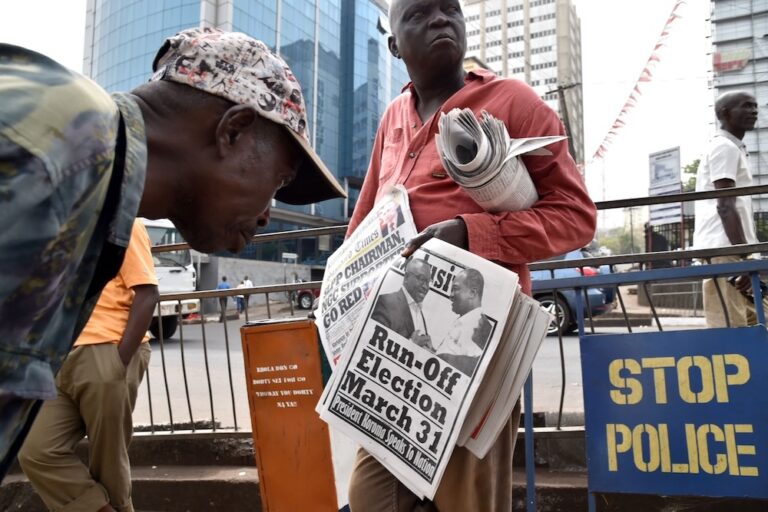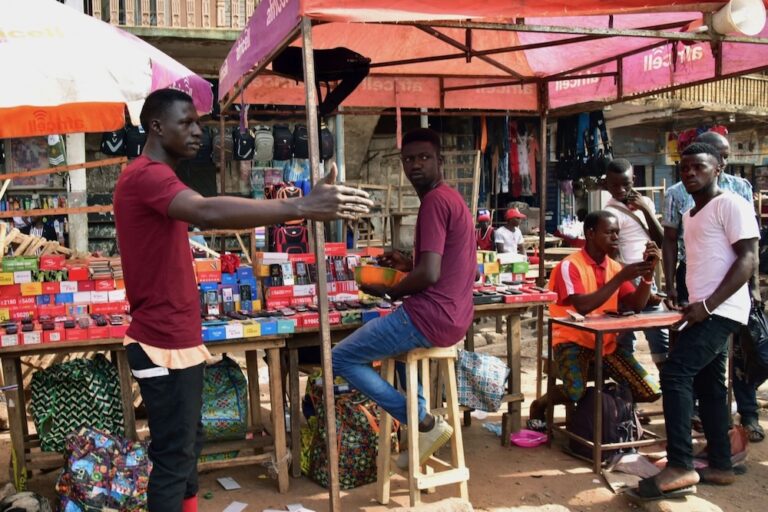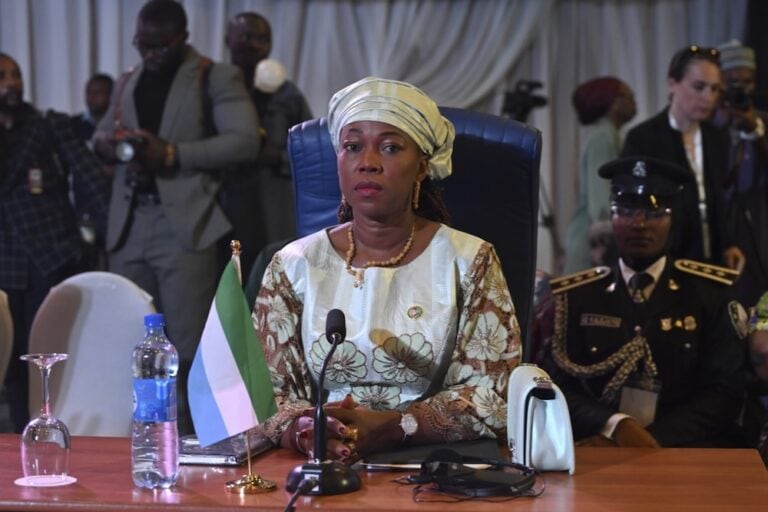On 28 August 1996, “Expo Times” publisher and editor-in-chief Ibrahim Seaga Shaw was released without charge. **New case, plus update to IFEX alert dated 28 August 1996** The following day, Minister of Information George Banda-Thomas and Attorney General Solomon Berewa called all editors to a meeting at Banda-Thomas’s office where they were warned against publishing […]
On 28 August 1996, “Expo Times” publisher and editor-in-chief
Ibrahim Seaga Shaw was released without charge.
**New case, plus update to IFEX alert dated 28 August 1996**
The following day, Minister of Information George Banda-Thomas
and Attorney General Solomon Berewa called all editors to a
meeting at Banda-Thomas’s office where they were warned against
publishing “sensitive” stories relating to the civil war. The
journalists were also instructed not to create panic among the
public by publishing stories that may endanger national security.
During the meeting, the editors raised the point that when they
attempt to cross-check their information with the appropriate
government authorities, the officials are usually unavailable.
Banda-Thomas promised that he would try to be of assistance
whenever journalists wished to cross-check information.
Background Information
On 28 August, Shaw and news editor Gibril Kroma were arrested
following a two-hour search of the editorial offices of “Expo
Times”. The search and arrests were in connection with a story
published in the 28 August edition of the newspaper entitled
“Radio Message Intercepted: Sankoh Orders War to Re-Start,” which
reported on the interception by the Sierra Leone government of a
message from rebel leader Foday Sankoh of the Revolutionary
United Front (RUF). In the message, Sankoh, now based in Abdijan,
Ivory Coast, instructed his men to begin fighting, effectively
putting an end to the cease fire which had come into effect in
Spring 1996. The civil war has been going on for approximately
five years (see IFEX alert).


